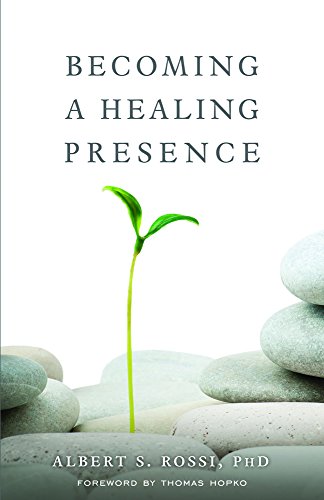What role does self-care play in the spiritual life? Earlier this year someone suggested to me that self-care is basically selfishness. I can understand why someone might think that: after all, Christianity teaches that we find our true self, not by grasping good things for ourselves, but by giving our self away (Luke 9:24). The message of the gospel is that we become more truly ourselves when we strive to fulfill the needs of others, preferring other people’s wellbeing to our own (Romans 12:10; Matthew 20:16). But does that mean that we should eschew any focus on our own wellbeing and self-care?
I don’t think so.
One of my favorite books is the letters that St. John Chrysostom (c. 349–407) wrote to Saint Olympia (c. 361/68–408). These letters were written after the Saint was exiled from Constantinople where he had served as a pastor. Through the correspondence, St. John continually admonished St. Olympia to attend to her emotional self-care, and to take care of her own needs in order that she can be effective in helping others.
The Eastern Orthodox psychologist and professor, Dr. Albert Rossi, made the same point in his book Becoming a Healing Presence.
“On an airplane, as a flight prepares to depart, the flight attendant tells the passengers that, in case of an emergency, oxygen bags will drop from overhead. Those passengers with infants will receive two masks. The adult is to put his or her own oxygen mask on first, and only then put a mask on the infant.
For me, as an Italian grandfather, those instructions are counterintuitive. I want to give my life for my grandchild, to care for her first, and then myself. But—and this is a big but—if I truly love my granddaughter, I will put my own oxygen mask on first, then hers. The sequence is vital to my granddaughter’s survival. If I don’t take care of myself first, both of us might be lost.
The oxygen mask example is a model for becoming a healing presence to others. If I don’t take care of myself first, I have nothing to give to others. People seek me out as a counselor and expect that when they come into my office, I have time and energy for them. They don’t need a tired, grumpy, sleep-deprived, inattentive, and self-absorbed counselor. The only way I can have something to give is if I have allowed Christ to care for me first and foremost. There is no other way.
I begin to care for myself by centering my being, my soul-mind-body. I allow Christ to center me by gradually becoming still inwardly, which is no small task in today’s environment.”




 For me, as an Italian grandfather, those instructions are counterintuitive. I want to give my life for my grandchild, to care for her first, and then myself. But—and this is a big but—if I truly love my granddaughter, I will put my own oxygen mask on first, then hers. The sequence is vital to my granddaughter’s survival. If I don’t take care of myself first, both of us might be lost.
For me, as an Italian grandfather, those instructions are counterintuitive. I want to give my life for my grandchild, to care for her first, and then myself. But—and this is a big but—if I truly love my granddaughter, I will put my own oxygen mask on first, then hers. The sequence is vital to my granddaughter’s survival. If I don’t take care of myself first, both of us might be lost.